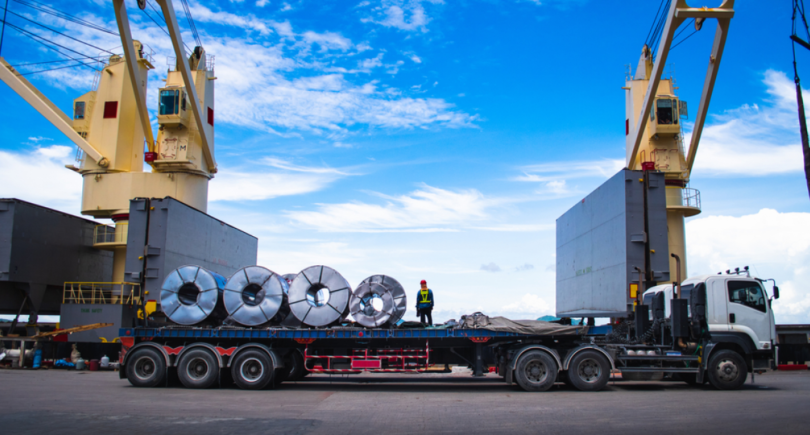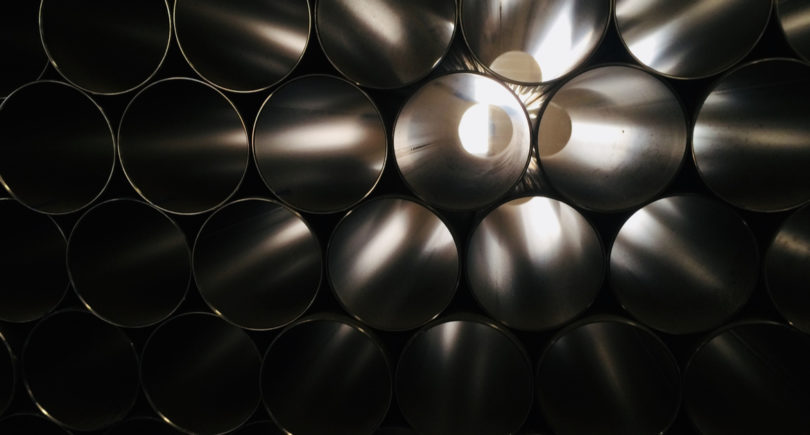
News Global Market India 691 27 September 2023
Target indicators will also apply to the steel industry
Bharat (India) will set carbon emission reduction targets for four fossil fuel-dependent industries, including steel sector, reports Reuters, citing officials.
Bharat is committed to aligning its industry with the country’s greenhouse gas emission reduction targets.
The country will set carbon intensity benchmarks and reduction targets over three years for companies in the petrochemical and steel sectors, cement producers and the pulp and paper industry. According to sources, the market trading cycle for mandates will be annual.
Companies in these four sectors are also likely to be the first to enter the Indian carbon credit trading market from April 2025. This will allow them to buy and sell emissions permits to achieve their goals.
The mandates will be in effect from 2024-2025, and trading on the carbon market will begin in 2025-2026.
Bharat has committed to reducing the ratio of greenhouse gas emissions to GDP to 45% of 2005 levels by 2030, and to zero – by 2070. Carbon emission allowances will be sold on the appropriate market – this is provided for by a law adopted by the country’s parliament in December last year.
The Indian carbon market differs from those set up in developed countries because it sets limits on emissions and then distributes permits or credits to emitting industries.
Emission reduction targets for each sector are determined by a committee consisting of key line ministries. Rules and targets for the sectors are likely to be announced before December this year.
The country already has a market for trading energy saving certificates for enterprises in 13 sectors.
As GMK Center reported earlier, Taiwan postpones introduction of a carbon tax for 2025 – previously it was planned to be collected from 2024, but due to the difficult decision in 2023 it was postponed.




